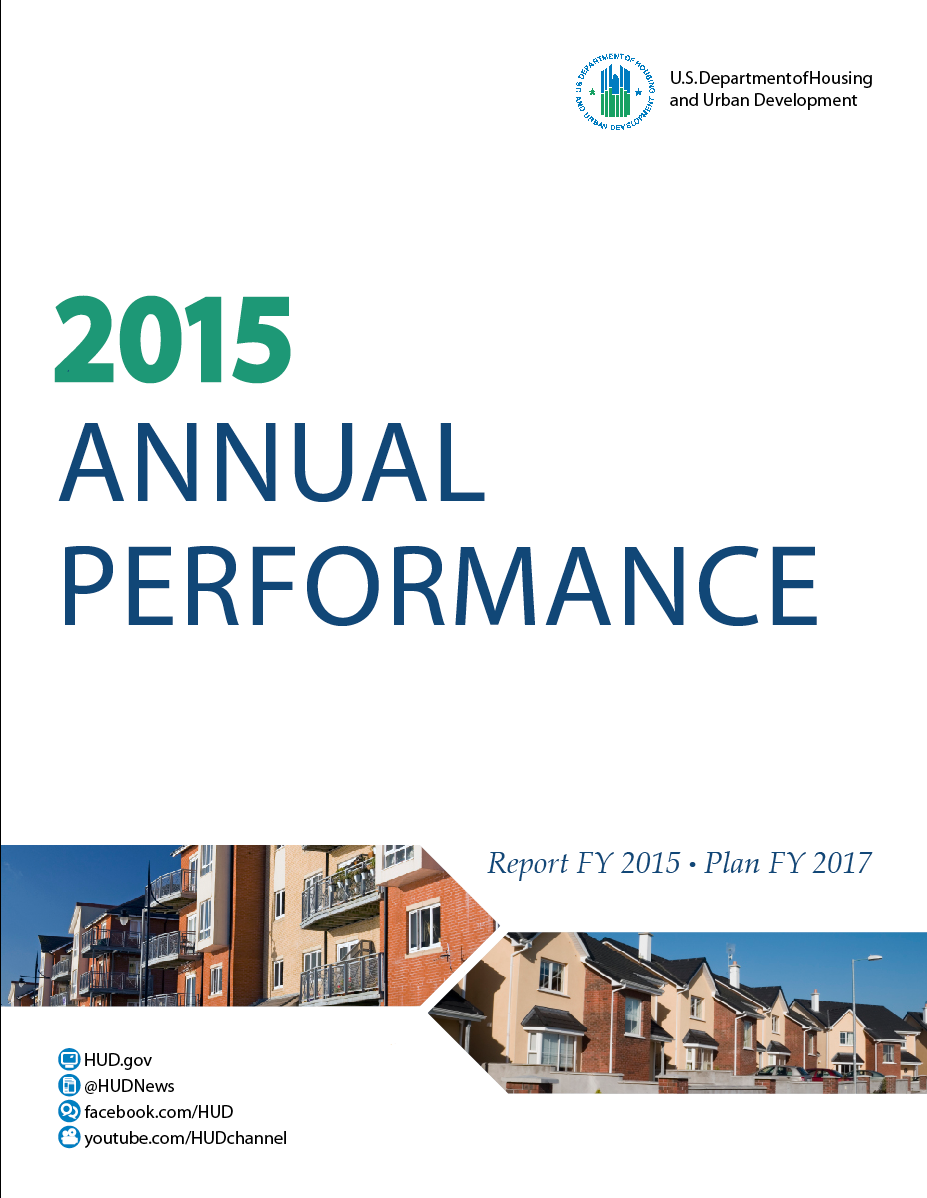- Home
- Agencies
- Department of Agriculture
- Department of Housing and Urban Development
- General Services Administration
- Department of Commerce
- Department of the Interior
- National Aeronautics and Space Administration
- Department of Defense
- Department of Justice
- National Science Foundation
- Department of Education
- Department of Labor
- Office of Personnel Management
- Department of Energy
- Department of State
- Small Business Administration
- Environmental Protection Agency
- Department of Transportation
- Social Security Administration
- Department of Health and Human Services
- Department of the Treasury
- U.S. Agency for International Development
- Department of Homeland Security
- Department of Veterans Affairs
- Goals
- Initiatives
- Programs
Primary tabs
Strategic Objective
Promote advancements in economic prosperity for residents of HUD-assisted housing.
Strategic Objective
Overview
Residents of HUD-assisted housing often face challenges such as lack of employable skills and low educational attainment levels that limit their ability to become economically self-sufficient and rise out of poverty. The Department recognizes that, while some families and individuals will need assistance for longer periods, others are capable, with assistance, of rising out of poverty. A majority of adults receiving rental assistance who are able to work have some income from wages; however, they are most often in the lowest paying jobs. Further, increasing workplace demands for technical expertise require attention to education and training for both adults and youth, including digital literacy. HUD will utilize its housing platform to expand access to employment and educational services. HUD seeks to significantly increase the economic opportunities available to low-income residents in neighborhoods where it invests, particularly through the Family Self-Sufficiency (FSS) program and Section 3.
Read Less...Progress Update
HUD strives to support the economic opportunity of all residents and put them on a path to prosperity and self-sufficiency. In April 2015, HUD announced the award of $24 million to the Jobs Plus Pilot Program in nine communities. The funding supports community-based solutions for improving work readiness, linkages to employment, and financial empowerment for public housing residents. Awards for the FY 2015 Jobs Plus Program were made to nine PHAs in December 2015. We continue to analyze and improve the data on participants in the FSS program. In FY 2016, HUD will enter into an interagency research agreement with Health & Human Services to use National Directory of New Hires (NDNH) data to measure sustained wage increases for FSS participants, according to national employment data.
HUD published a proposed Section 3 rule on March 27, 2015. This rule will clarify and update requirements under Section 3. HUD is currently reviewing public comments on the proposed rule. FHEO also launched the Section 3 Performance Evaluation and Registry System (SPEARS) on August 24, 2015. This system will be used by HUD funding recipients for reporting Section 3 outcomes on jobs, training, and contracting; reporting for FY 2013 and FY 2014 was due in to HUD by December 15, 2015. HUD also worked with SBA to include Section 3 related contracting opportunities in Business USA, the portal developed by Small Business Administration (SBA) to assist America’s small businesses in finding business opportunities.









